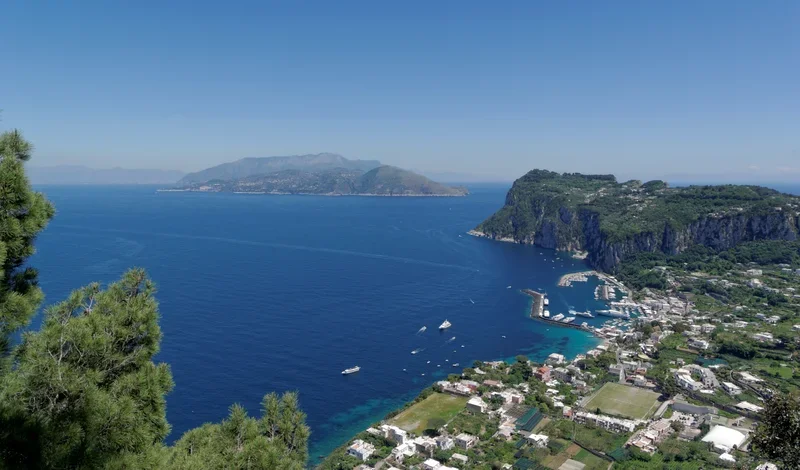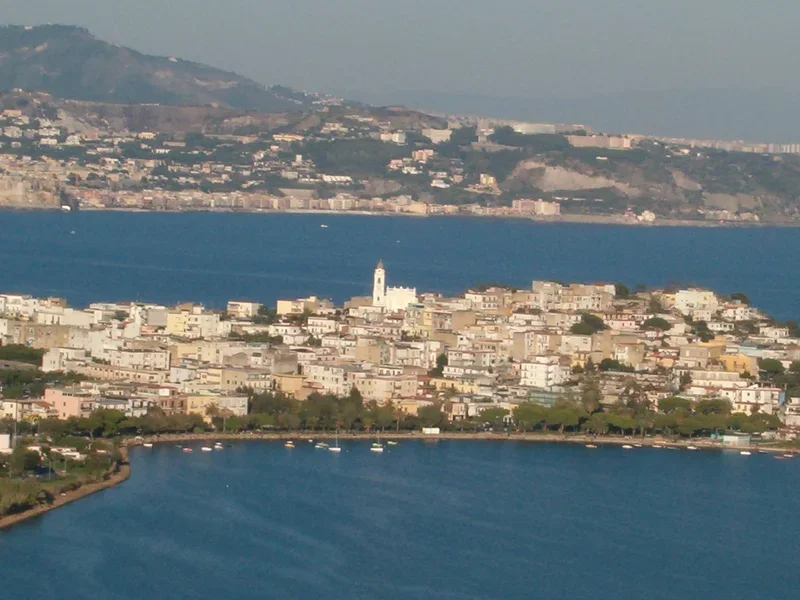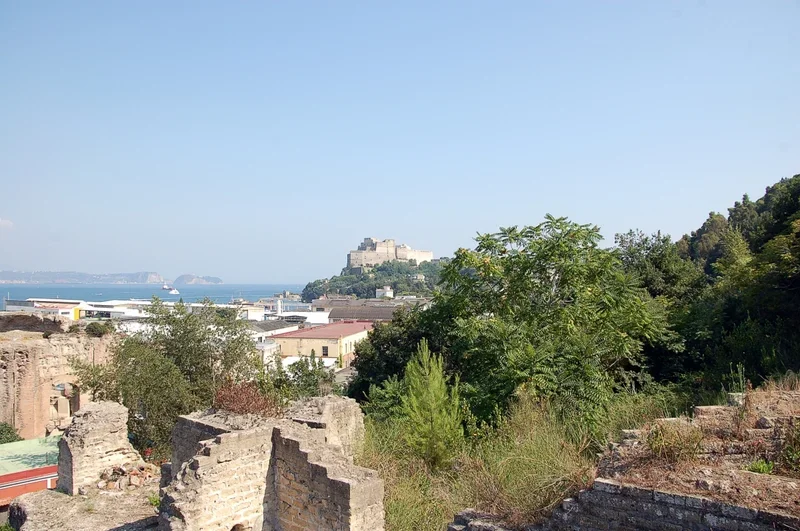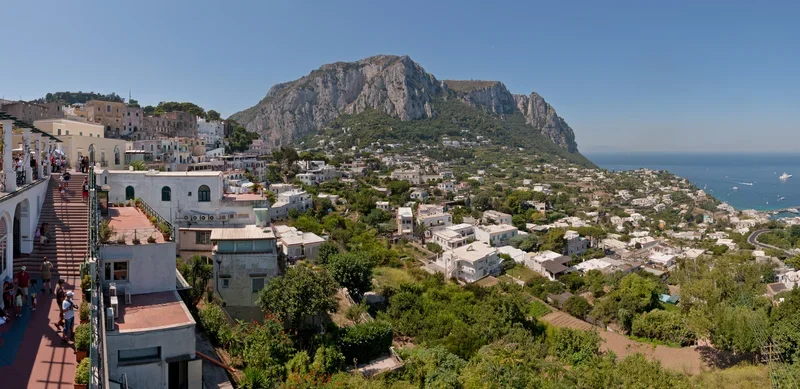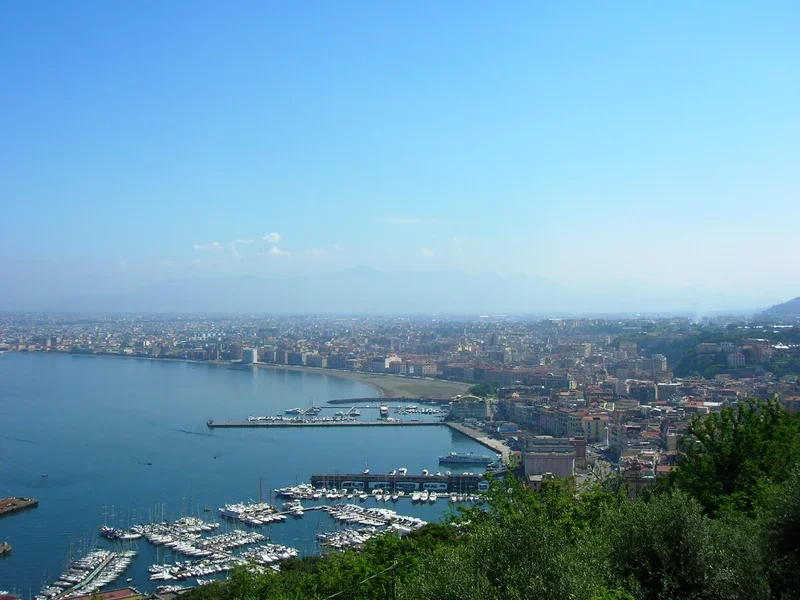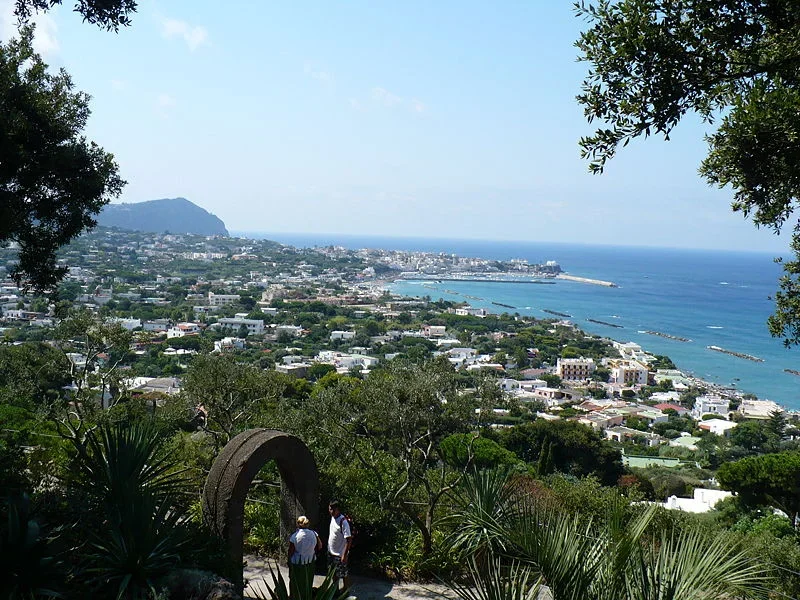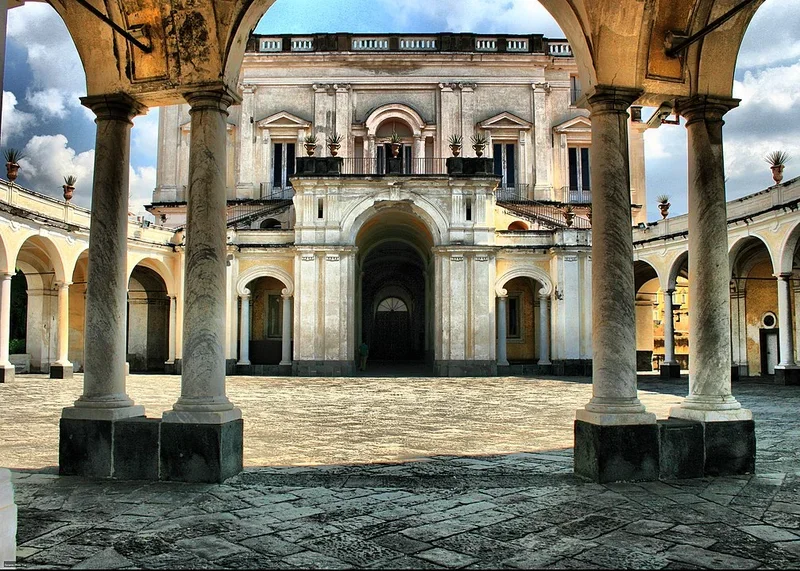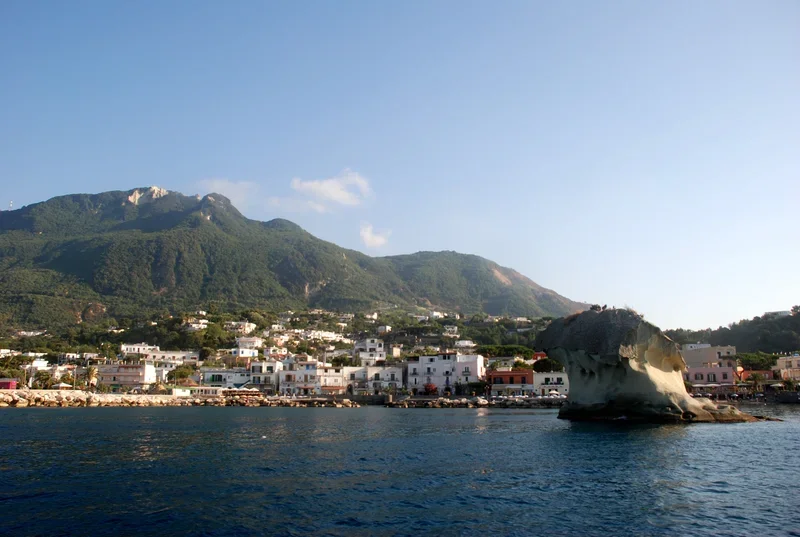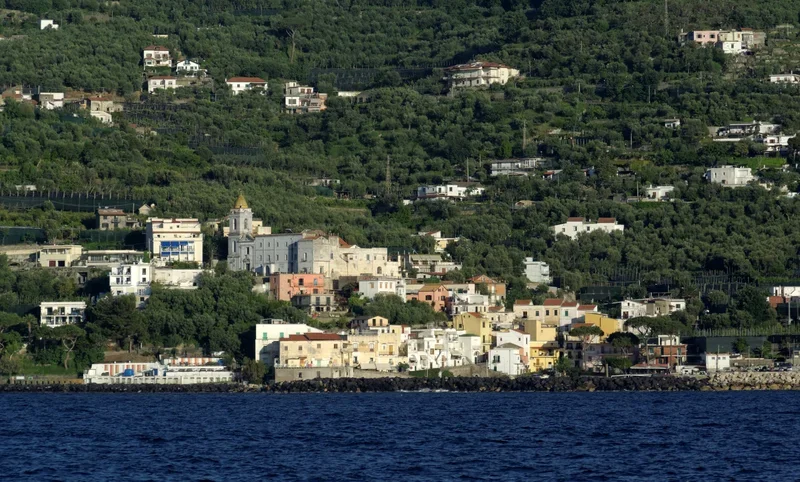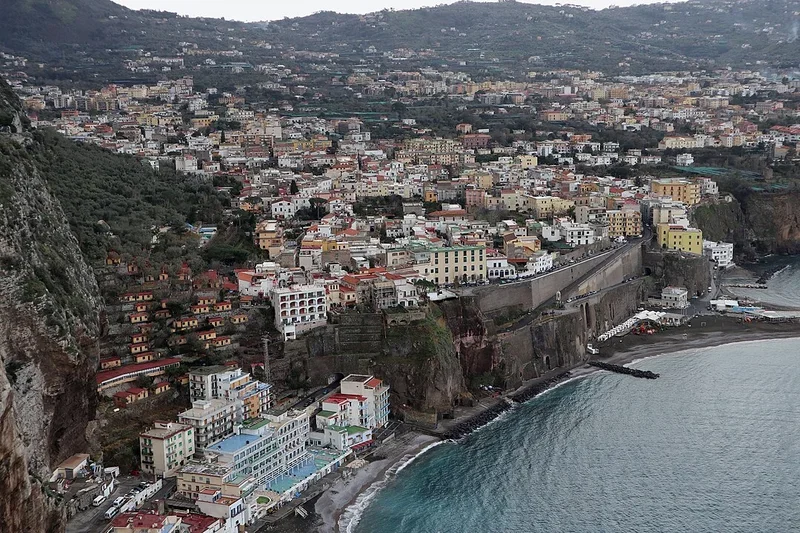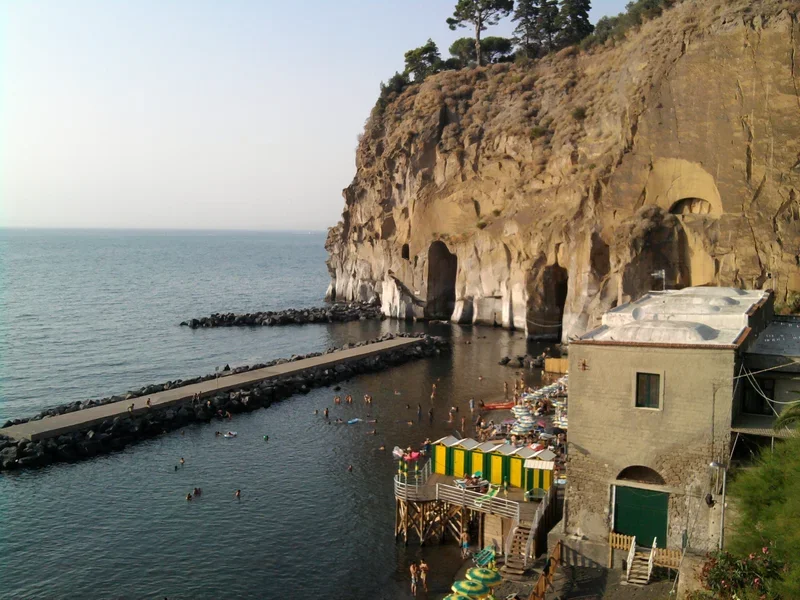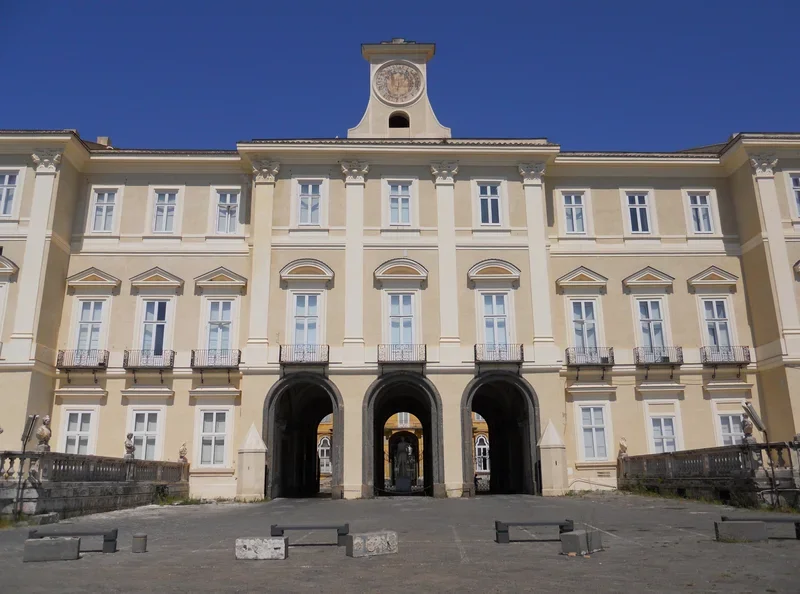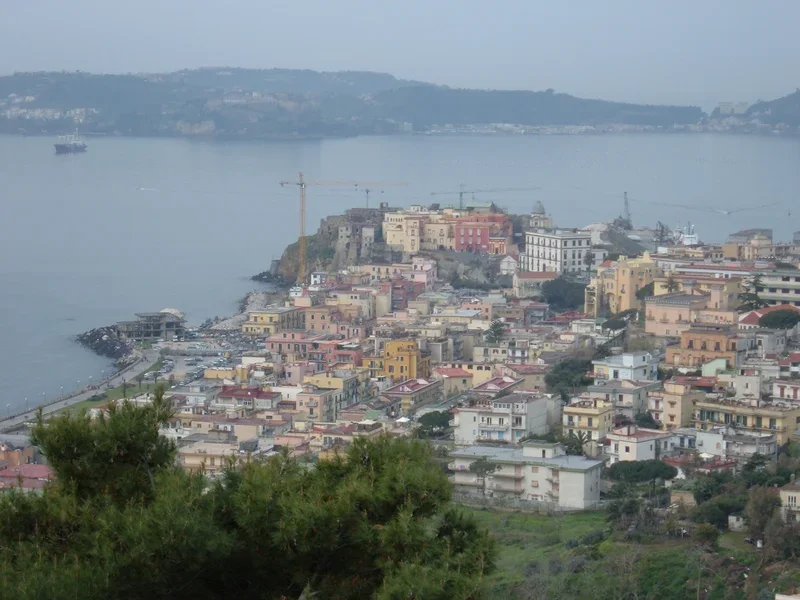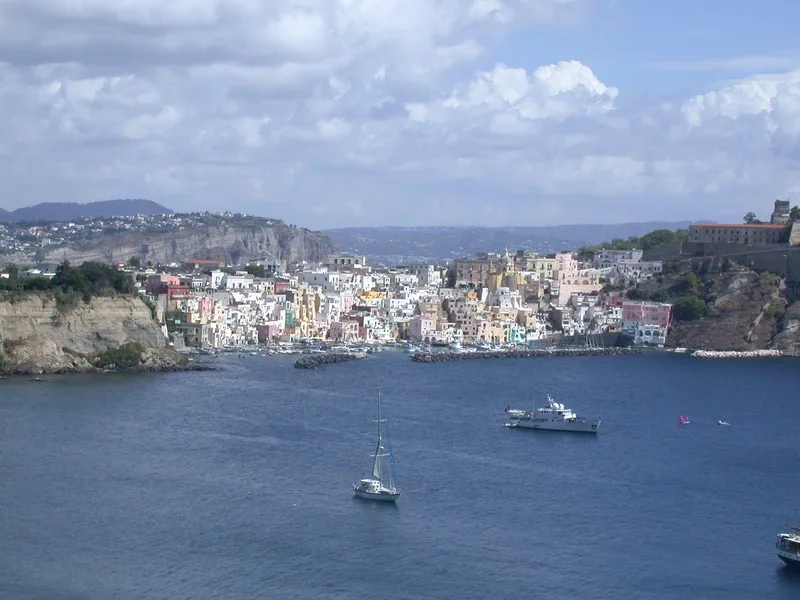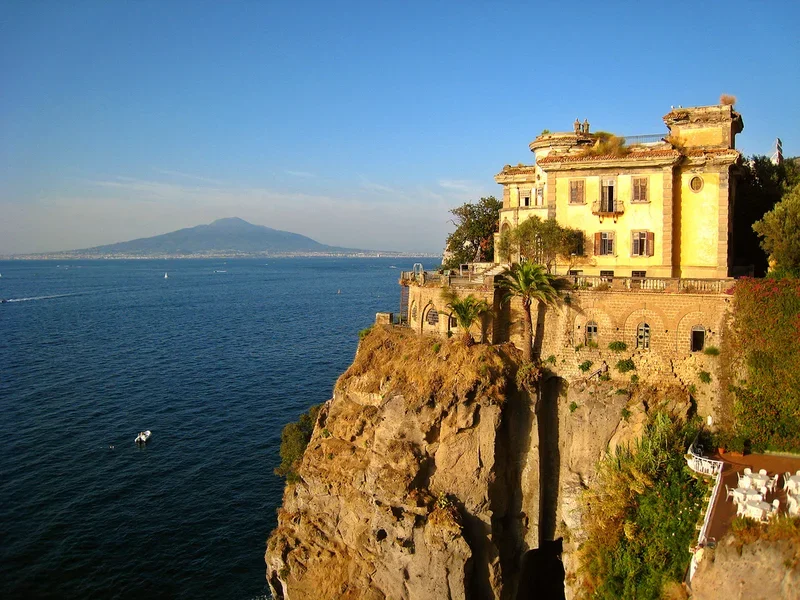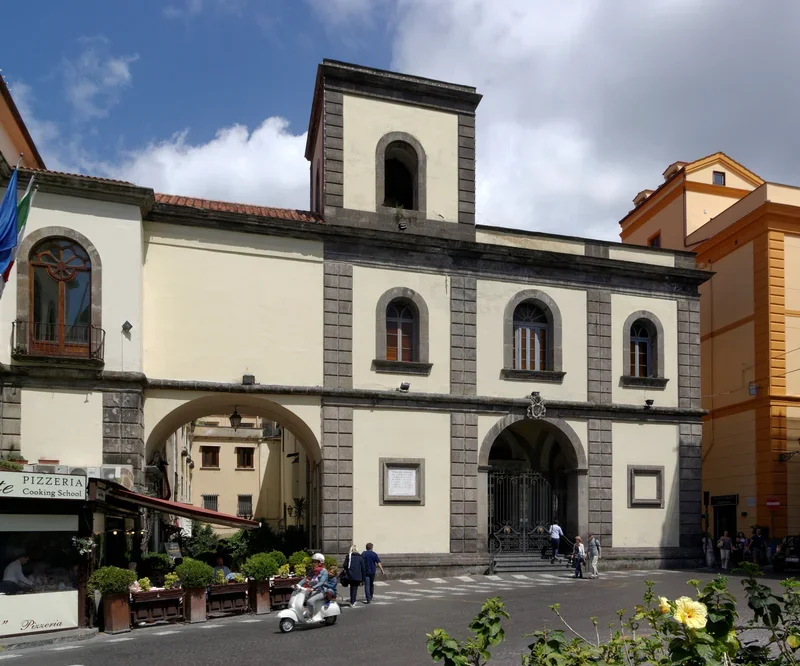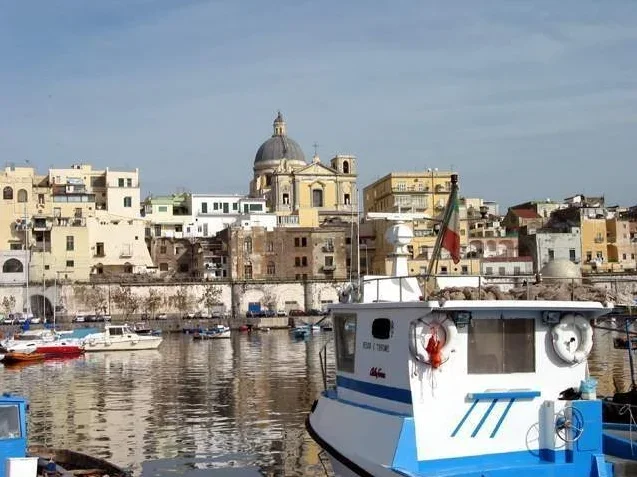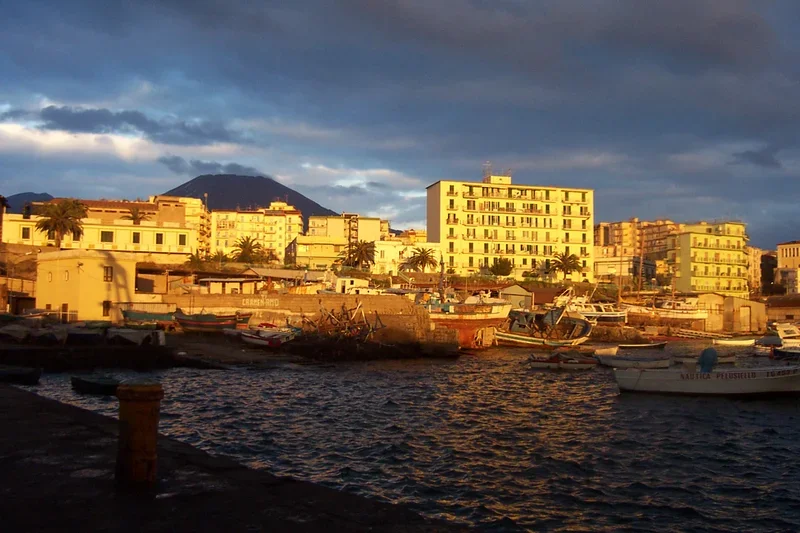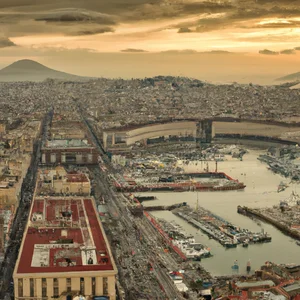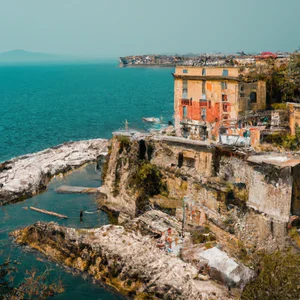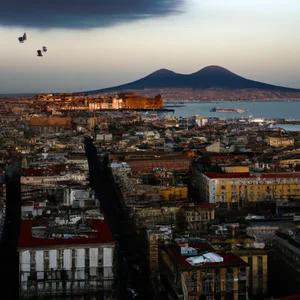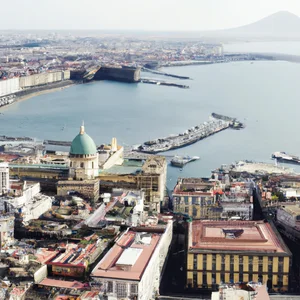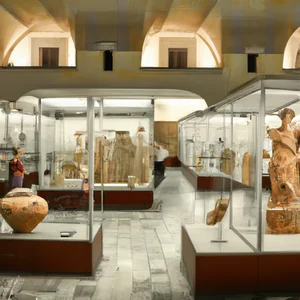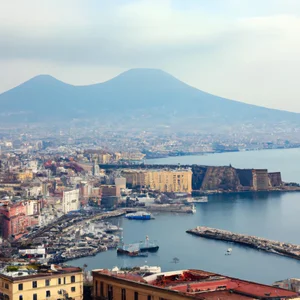Book your experience
Discover Naples through the ten most beautiful phrases of Totò, the Prince of Laughter
Naples, a city that fascinates and surprises, is a melting pot of culture, art and age-old traditions. But no one manages to capture the essence of this metropolis like Antonio De Curtis, better known as Totò, the Prince of Laughter. His jokes and aphorisms, steeped in popular wisdom, have become an integral part of the Neapolitan cultural heritage, reflecting not only the soul of a lively city full of contrasts, but also the universal emotions and experiences of every human being.
In this article, we invite you to discover Naples through ten of Totò’s most beautiful phrases, which offer an insight into Neapolitan life and mentality. Each quote is an invitation to reflect and smile, a way to understand the philosophy that permeates the daily life of those who live in this city. From his biting irony to the profound humanity of his observations, Totò manages to describe Naples in a unique way, bringing out the resilience and joy of living of its inhabitants.
Each point that we will explore in this article is not just a sentence, but a real journey that will lead us to discover Totò’s Naples: a city that knows how to have fun even in the most difficult moments, that finds beauty in every corner and that, despite its challenges, continues to shine as a beacon of culture and authenticity. Prepare to immerse yourself in a world of laughter and reflection, where Totò’s words will guide us in the discovery of a Naples that is as much his as it is ours.
“Gentlemen, you are born, and I was born one”
This famous aphorism by Totò, the Prince of Laughter, perfectly represents the spirit and pride typical of Neapolitans. Born in Naples in 1898 with the name Antonio Griffo Focas Flavio Angelo Ducas Comneno Porfirogenito Gagliardi De Curtis of Byzantium, better known as Totò, was one of the greatest Italian comedians and actors of all time.
With this phrase, Totò underlines his innate talent for comedy and art, proudly affirming his vocation as an artist. Naples, the city that gave birth to Totò, is a land rich in history, art, culture and traditions, which has inspired numerous works of art and artists over the centuries.
The phrase "Gentlemen are born, and I was born" reflects the uniqueness and originality of Totò, who won over the public with his irresistible humour, his expressive facial expressions and his extraordinary ability to improvise. His comedies and films are still loved and appreciated by millions of people around the world today.
Naples, with its lively popular culture, its delicious cuisine, its historical monuments and its warm and welcoming people, is an unmissable tourist destination for anyone who wants to discover the wonders of Southern Italy. The winding streets of the historic center, the bright colors of the alleys, the breathtaking views of the Gulf of Naples and Vesuvius, the traditional music that resonates through the streets, everything contributes to creating a unique and unforgettable atmosphere.
If you are a fan of Totò and his irresistible comedy, you can't miss a visit to Naples to immerse yourself in its magical atmosphere full of surprises. And always remember the words of the great Totò: "You are born gentlemen, and I was born one".
Totò's quotes about Naples
"Speaking of politics, would there be something to eat?"
This famous phrase by Totò perfectly represents the Neapolitan irony and spirit. Naples is a city rich in culinary traditions and Totò's question, which combines politics and food, reflects the importance that food has in Neapolitan culture. Furthermore, the phrase highlights the unique way of dealing with life of Neapolitans, who manage to find humor even in the most complicated situations.
Totò's sentence also highlights his ability to mix different themes in a brilliant way. His comedy was often accompanied by a deep analysis of society and politics, and with this phrase he manages to question the hypocrisy and corruption present in the political world, but he does it in a light and funny way, typical of his unique style .
Finally, this phrase from Totò also represents Naples' ability to face difficulties with irony and joy. Despite the daily problems and challenges, Neapolitans manage to maintain a positive attitude and find the humorous side even in the toughest situations. This attitude is an integral part of Neapolitan culture and ensures that the city is always alive and full of energy.
"It's the sum that makes the total"
Totò, the Prince of Laughter, with this phrase reminds us that every single element, however small it may seem, contributes to the creation of a larger and more significant whole.
This phrase can be interpreted in different ways, but basically it teaches us that even small actions and little things can have a significant impact on the whole. Every single element has its value and contributes to the creation of a final result.
In everyday life, this phrase reminds us not to underestimate the importance of small gestures and small actions. While they may seem insignificant on their own, when put together, they can create something big and meaningful.
In the context of tourism in Naples, this phrase could be interpreted as meaning that every single monument, every single historical site, every single typical dish contributes to the creation of the overall experience that the city offers to its visitors. Naples is rich in history, culture, traditions and unique flavors, and each of them contributes to creating the complete picture of this wonderful city.
So, when you visit Naples, it is important not to focus only on the main attractions or the most famous places, but also to give importance to the details, to the little things, because it is the sum of all this that really makes the beauty and the uniqueness of this city.
Totò's ten most beautiful phrases about Naples
4. "A people of poets, artists, heroes, saints, thinkers, scientists, navigators... transmigrators"
This famous phrase by Totò reflects the profound essence of the city of Naples. A city rich in history, art and culture, which gave birth to numerous world-famous poets, artists and scientists. Naples was the cradle of great figures such as Giambattista Vico, Eduardo De Filippo, Sophia Loren and many others who left an indelible mark on the world.
Not only artists and poets, but Naples is also the home of true heroes and saints. The city boasts a long tradition of saints venerated throughout the world, such as San Gennaro, the patron saint of Naples, and Santa Chiara, founder of the Poor Clare order. The Neapolitan heroes, however, distinguished themselves in many battles and crucial moments in history.
But Naples is not just ancient history, it is also a modern and lively city, with fervent cultural and scientific activity. Neapolitan thinkers contributed significantly to the development of philosophy and science, carrying forward the legacy of great minds of the past.
Finally, Totò mentions navigators and transmigrators, referring to the strong maritime tradition of Naples and the presence of a very deep-rooted migrant community. Neapolitan navigators sailed the seas of the world, bringing the culture and art of their city to every corner of the planet, while transmigrators brought with them their identity and their traditions, enriching the cultural heritage of Naples.
In conclusion, Totò's phrase masterfully represents the multifaceted and multicultural soul of Naples, a city that continues to inspire and fascinate generations of artists, scientists, navigators and transmigrators.
"Not it is wealth that brings happiness, but love"
Interpretation
This phrase by Totò reflects a profound and universal concept: true happiness does not lie in material riches, but in love. Totò reminds us that the most important things in life are emotional bonds, sincere relationships and the ability to love and be loved. Material wealth can bring moments of pleasure and satisfaction, but it is love that gives profound meaning to our existence and gives us lasting happiness.
Implications for tourism in Naples
Naples is a city rich in history, art, culture and traditions, but above all in human warmth and passion. Tourists who visit Naples can fully grasp the meaning of this phrase by Totò by immersing themselves in the unique atmosphere of the city, meeting the locals and letting themselves be won over by the genuineness and affection that characterize the Neapolitans.
The authentic experiences that Naples offers, such as tasting real Neapolitan pizza, walking through the alleys of the historic centre, visiting the archaeological sites and enjoying the spectacular panorama of the Gulf, are unique opportunities to experience moments of happiness and love. Tourists who choose to visit Naples can discover that the true wealth of the city is not in its monuments or its works of art, but in the hospitality and affection of the people who live there.
Conclusions
Totò's phrase "It is not wealth that brings happiness, but love" reminds us that the true treasure of life is the love that we can give and receive. Applied to the context of tourism in Naples, this phrase invites us to discover the beauty and authenticity of the city through the eyes of love and happiness. Naples is a city that knows how to conquer the hearts of those who visit it, offering unique emotions and sensations that will remain imprinted in the memory of every traveler.
Happiness is made up of moments of forgetfulness
This aphorism by Totò, the famous Prince of Laughter, contains a profound truth about happiness and how we can achieve it. Totò, with his wisdom and humor, invites us to reflect on the importance of living in the present and leaving difficult or painful moments behind.
Happiness is a complex and elusive concept, which we often try to achieve through the pursuit of material goods or professional success. However, Totò reminds us that true happiness does not lie in external things, but is rather an internal sensation that arises from the ability to forget problems and focus on the small daily joys.
This aphorism invites us to live the present consciously, leaving behind the regrets and worries of the past. Forgetfulness therefore becomes a defense mechanism to protect our serenity and our inner peace.
The ability to forget difficult or painful moments allows us to focus on what really matters in life, such as love, friendship, creativity and the beauty that surrounds us. We often get so caught up in problems and worries that we forget to appreciate the little things that make life worth living.
Happiness is not a goal to be achieved, but rather a way of living and facing daily challenges with lightness and optimism. Totò, with his wisdom and humor, reminds us that happiness is often found in the simplest and most unexpected moments, and that it is important to know how to appreciate and enjoy every moment that life offers us.
So, the next time you feel sad or worried, remember Totò's words and try to live the present with lightness and serenity, leaving negative thoughts behind and focusing on the little joys that life offers you.
"Men are divided into two categories: the usual idiots and the usual unknowns"
Description:
This quote by Totò reflects a profound analysis of human society, dividing it into two very distinct categories: on the one hand there are the "idiots", or those who act in a foolish and illogical manner, on the other there are the "unknown", or those who are unknown or little known.
Meaning:
With this sentence, Totò highlights his vision of society, highlighting the people who stand out for their stupidity and those who instead live in the shadows, little considered or valued. This division between "idiots" and "unknowns" can be interpreted in different ways, but it certainly invites reflection on human nature and social dynamics.
Application to the Neapolitan context:
Naples, a city rich in history, art and traditions, is not immune to the social and human dynamics described by Totò. In everyday life, it is easy to encounter people who behave irrationally or foolishly, as well as individuals who live in the shadows, little considered or valued. This phrase by Totò can therefore be applied to the Neapolitan context, inviting a reflection on human relationships and the way in which we relate to each other.
Conclusions:
Totò's phrase "Men are divided into two categories: the usual idiots and the usual unknowns" represents a profound observation of human society, inviting reflection on social dynamics and interpersonal relationships. Applied to the Neapolitan context, this quote can help us better understand daily life in a city full of contrasts and nuances. Ultimately, Totò's words continue to be relevant and to inspire profound reflections even today, years after his death.
"Sometimes the best music is silence"
Description:
This famous phrase by Totò reflects the depth of silence and its importance in everyone's life. We are often immersed in the chaos and noise of everyday life, but finding moments of silence can be extremely regenerating. Silence can bring inner calm, mental clarity and peace. In those moments of silence we can really listen to ourselves, our thoughts and our emotions.
Impact on tourism in Naples:
Naples, with its lively atmosphere and unique character, can be a perfect place to find those moments of silence and tranquility. Despite its reputation as a chaotic and noisy city, Naples also offers places of peace and serenity where visitors can enjoy silence and reflect. For example, the seafront in Naples offers splendid views of the sea and can be the ideal place to enjoy the quiet and beauty of the landscape.
Silence can also be appreciated inside churches and places of worship in Naples, such as the Cathedral of San Gennaro or the Church of Santa Chiara, where visitors can find moments of reflection and prayer in a quiet and serene environment . Even walking through the historic alleys of the historic center of Naples can offer moments of silence and intimacy, away from the hustle and bustle of the city.
So, if you are planning a visit to Naples, don't forget to take some time to enjoy the silence and peace that this city can offer. Finding those quiet moments can enrich your travel experience and give you the opportunity to connect with yourself and the beauty around you.
9. "Whoever has had, whoever has given, let's forget about the past"
Description:
This phrase by Totò represents a very common philosophy of life in Naples and its people. It expresses the concept that we must accept the past, even if not always positive, and focus on the present and the future. In essence, what has been is and cannot be changed, so it is better to focus on present opportunities and experiences.
Meaning:
This phrase reflects the importance of living in the present moment and not letting yourself be influenced by past regrets or failures. Furthermore, it highlights the importance of being grateful for what you have and not regretting what you have lost. After all, life is made up of ups and downs, but it is important to remain resilient and look forward with optimism and determination.
Application to tourism in Naples:
In the context of tourism in Naples, this phrase can be interpreted as an invitation to visitors to leave behind any prejudice or stereotype about the city and to fully enjoy all the wonders it has to offer. Naples is a city rich in history, art, culture and gastronomy, and every corner tells a unique and fascinating story. Tourists visiting Naples should focus on the positive experiences that the city can offer, allowing themselves to be surprised by its beauty and authenticity.
Conclusions:
Totò's phrase "He who has had, he who has given, let's forget about the past" represents an invitation to live in the present and to focus on the opportunities and experiences that life offers us. Applied to the context of tourism in Naples, it invites visitors to leave behind any prejudice and fully enjoy everything the city has to offer. Naples is a unique and fascinating city, full of treasures to discover and emotions to experience, and tourists who visit it should take advantage of every moment to completely immerse themselves in the magical and vibrant atmosphere of this extraordinary city.

